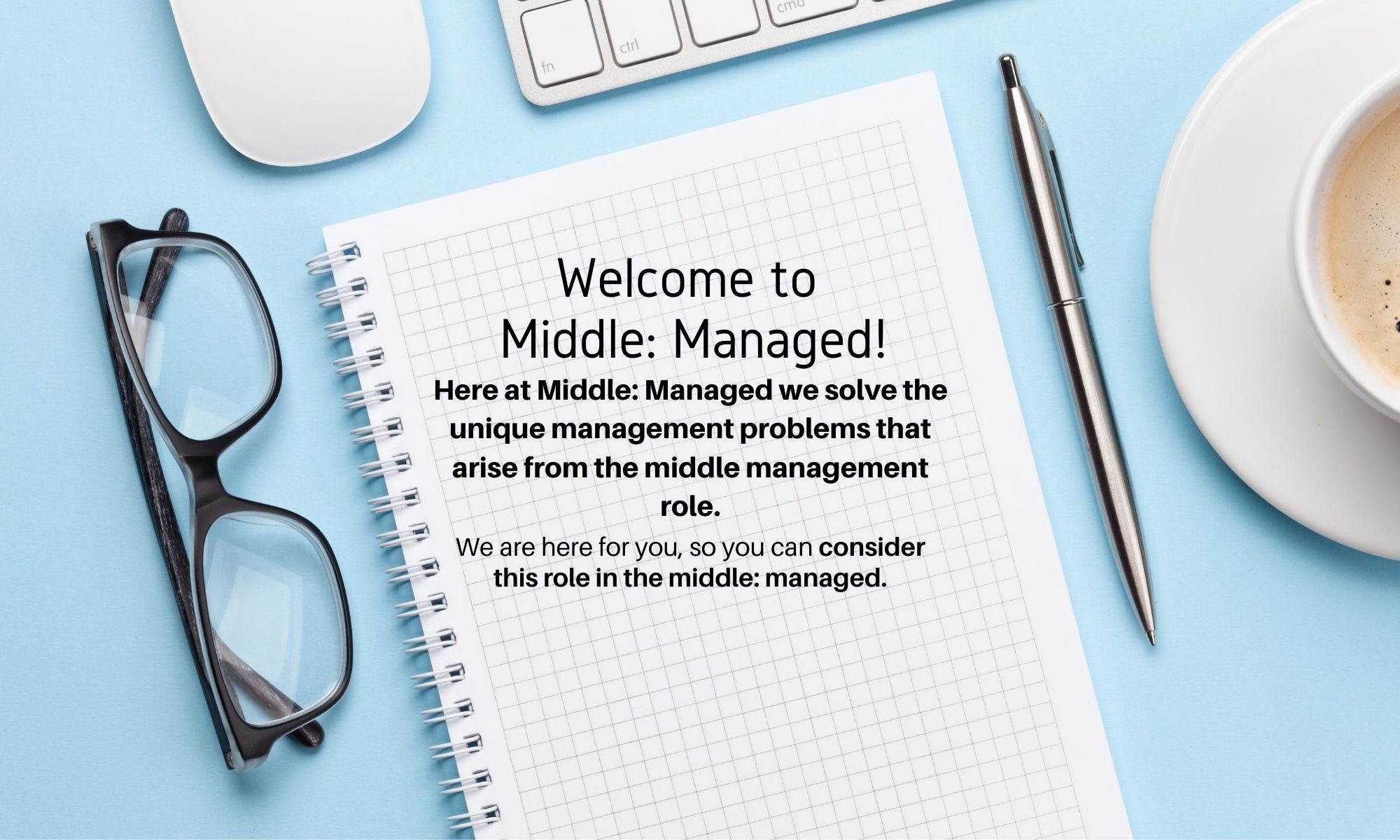Becoming a new leader is an intimidating process. Compound that with the feeling that the experienced staff on your team are sizing you up and waiting to see what you do. It’s time to shine, you can do this! You just need to take a moment and plan out your strategies to learn and integrate into the team. Here is how to gain the respect of experienced employees as a new leader.
If you are new to the team or if you are a member of the team that has recently been promoted, this post is for you.
Integrating into a new team with experienced or tenured employees is tough. There is a transition period where you are feeling each other out. There may be some boundary pushing to see how you will react and figure out where the line is.
You can prepare for success in this transition period by figuring out the best strategies for the whole team and individuals on the team.
5 strategies to gain the respect of experienced employees as a new leader
This is not a one size fits all approach, because every employee has different needs and will require a different approach. Get to know everyone on your new team and adopt the best strategy to gain the respect of the experienced employees.
1. Don’t change everything all at once!
I know that it could feel really satisfying to fix a bunch of things all at once, but resist the urge unless absolutely necessary. You could undermine yourself if you move too quickly without a thorough knowledge of the team and processes.
Assume that the previous manager knew what they were doing and seek to find out if certain things are performed the way that they are for a good reason. Try to find out the reason.
The benefit is two fold: you give comfort to the people who ‘like things just as they are’ (but you will work on them later, if needed) and you don’t inadvertently cause a ripple effect by changing one process and ruining another.
Read about some mistakes that I made as a new leader when I pushed too much change, too fast.
2. Acknowledge expertise
Demonstrate an interest in what their role is and how they perform tasks. Acknowledge that they have the expertise in what they do for this organization or team.
You can always suggest improvements later, but for the first while, be present and authentic in your learning of how they operate. Even if you have loads of expertise in the area, learn what they do and how they do it. Make sure that you ask questions about why they do things in a non-judgemental way to demonstrate respect for the staff member.
Basically, keep any comments about something being outdated or incorrect to yourself. Your tone should be positive.

3. Find the quick win pain points
When it comes to figuring out how to gain the respect of experienced employees as a new leader, it pays to do your research. After you have taken a good look at the team and the existing processes, you have likely determined a few pain points. If you make the team’s life easier by helping to solve these issues, they will make your life easier.
Create an action plan to address the pain points on your team and share it. They will feel good that there is transparency when you work and that they know what your vision is.
4. Let staff know you are there to help them do their job
I work in an industry that can be very niched, and I found my success in one of those niches. I have authority within this niche where I have followers – but my team is no longer entirely composed of this very specific subset. Now I lead people where I can easily admit that I do not know the subject matter to the same extent that they do.
This seems to really matter to some people. They do not think you are unintelligent, but their respect is heavily tied to your knowledge of their work/niche. For instance, if they are incredibly adept at a programming language, unless you can code to the same level – or better – they do not want to hear from you. In their eyes, they are excellent at what they do and since you are not an expert, your feedback is not valuable to them.
What you need to get them to understand your role for them. You are not there to tell them how to do their job – you are there to help them do their job. They need to see your role as helping them get the resources they need or remove barriers to complete their work.
Your role with people management is very different than their role, and you are there to support and clear out issues for them so that they can focus on their tasks. Once they understand your value to them, followership will occur.
5. Demonstrate your work ethic
When it comes to leading different generations in the workplace, everyone wants to have a leader that leads by example. Delegate when you need to, but also get your hands dirty.
While you are integrating into the team, make sure you pitch in to help and demonstrate that you are not afraid to work hard.
When strategizing how to gain the respect of experienced employees as a new leader, do your research, show authentic interest in what they are doing and how they are doing it. You may get some push back from tenured employees who do not ‘think you know as much as them’ – that’s OK! Keep at it it, you will win them over when you let them do their job in peace because you have removed annoying barriers for them to do their job.

